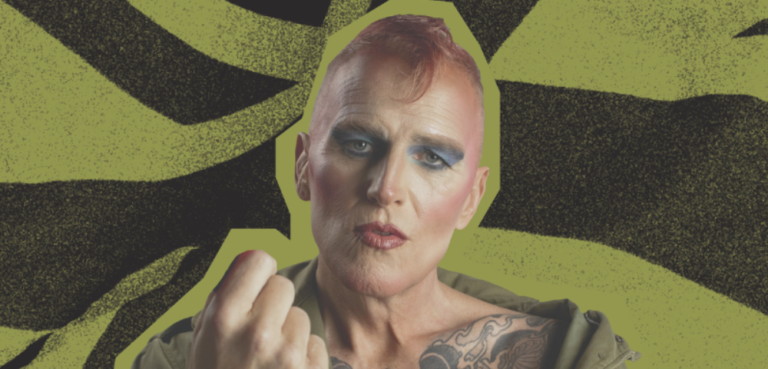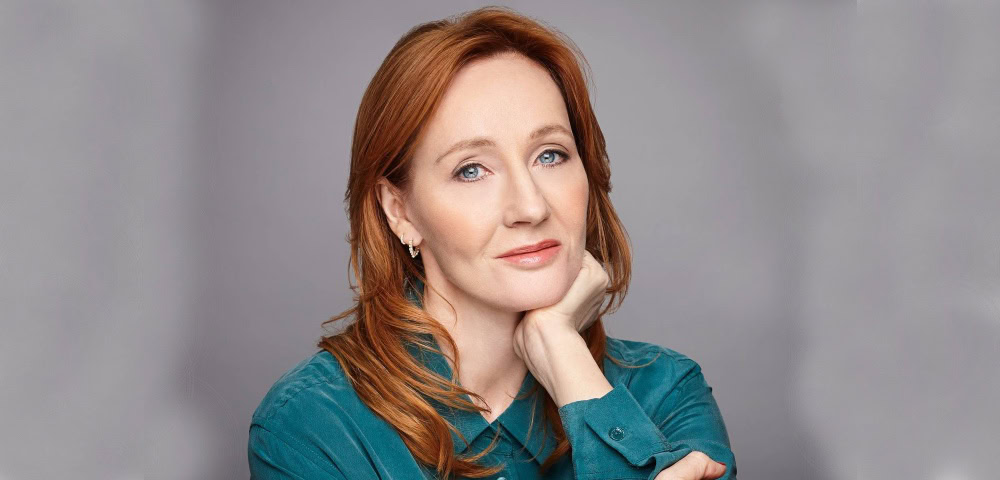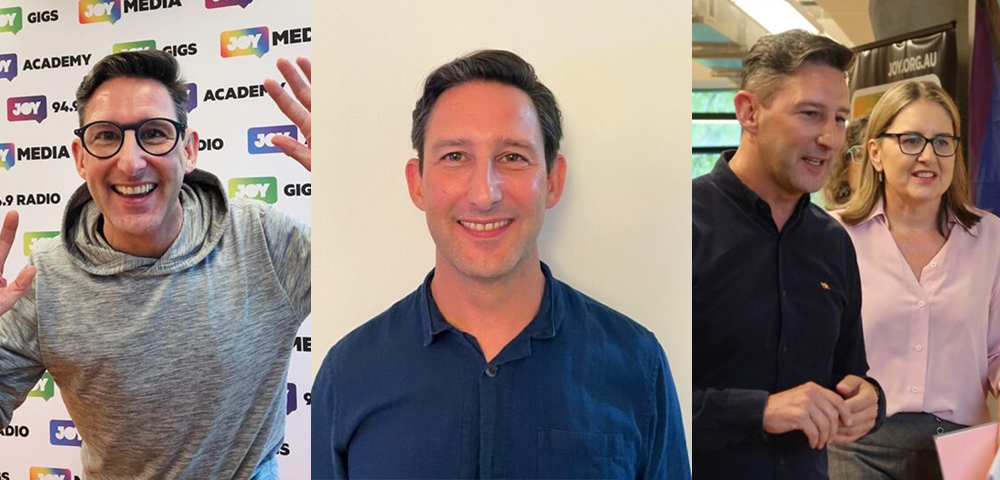
Conscious money: handling your finances in a de facto relationship

When it comes to financial planning, same-sex couples face unique circumstances that are important to be aware of, and Conscious Money has 35 years of breadth and knowledge when it comes to helping clients through transitional events.
The team are skilled in all aspects of financial strategies and investments and they pride themselves on being able to advise on everything from sudden wealth to funding school fees.
They also cover situations such as saving for a first home to defined benefit superannuation schemes, and from investing in real property to individually managed share portfolios.
However, when it comes to same-sex couples in Australia there are three major areas that tend to affect LGBTI people in a unique way: superannuation, estate planning, and insurance.
Wealth Strategist Karam Singh says he deals with several LGBTI clients and one of the main issues that tends to arise is a lack of awareness around these key areas.
He has a wealth of experience, having been in the industry since he was 20.
When it comes to superannuation, his financial planning advice comes as a particularly helpful tool.
“For the purpose of superannuation the ‘spouse’ is also defined as someone, regardless of gender, living with you in a relationship as a couple,” he said.
“This means that if you are in a relationship you should start looking at various options around making spouse contributions, contributions splitting, and pension revisionary benefits, along with not forgetting to look at options around self-managed superannuation funds (SMSF).”
This advice becomes particularly salient in the event of a same-sex couple splitting up.
“In the event of a split, this will always be a messy affair,” he said.
“As such it is important to ensure that your financial structures are well-defined.
“For property settlement, unfortunately it is still more complicated for de facto relationships as compared to married couples.”
According to Singh same-sex couples also tend to forget simple things around estate planning. If couples haven’t registered their relationship as de facto, problems can arise in the future.
In particularly unfortunate cases if one half of a same-sex couple were to pass away, their other half mightn’t be recognised as the late person’s legal partner, especially if their family is not accepting.
“In taxation laws same-sex couples are recognised, but it’s important you register as a de facto partners to make the relationship legal,” he said.
“If you don’t do that and one half of the same-sex couple was to pass on, their family can step in say ‘hey, we don’t know who this guy is’, and the law will side with the family meaning all the money will go towards the family.”
New changes have also been introduced in the realm of insurance that same-sex couples and members of the LGBTI community should be aware of.
Singh said the importance of insurance cover shouldn’t be underestimated.
“New changes in the industry include the fact that a life insured same-sex partner is able to receive Total and Permanent Disability (TPD) and Trauma tax-free provided you have all the right legal documents in place,” he said.
“Besides that, the importance of insurance cover needs to be highlighted as it’s often viewed as unnecessary but is always the greatest help when needed.”
It’s also important for same-sex couples to have a cohabitation agreement.
“My personal view is that for all same-sex couples it is important that you have a cohabitation agreement signed to make things less murky financially in the event of a relationship breakdown, as well as your will and power of attorney documents,” Singh said.
“Having a solid investment plan is also important – and we have the right expertise for it including in picking investments that are gay friendly as well.”
When Singh has a new client, he’ll ask how long they’ve been with their partner for.
“If it’s been more than 12 months it adds a whole new dimension to it,” he said.
“Many don’t realise that as soon as you’ve lived together for more than 12 months your partner is entitled to matrimonial assets under the eyes of the law.
“You always have to think ahead and make sure everything’s done legally.”
And as a gay man himself, Singh understands the importance of seeking services from someone who understands the unique experiences of the LGBTI community.
“Being gay myself, I completely understand every single bit of the journey – how difficult and sometimes traumatising it can be,” he said.
“Having been through all that myself, it’s something I can provide to clients.”
While many financial advisers and strategists may claim to know how to handle the unique situations LGBTI couples find themselves in, Singh believes people that are a part of the queer community have a deeper and more significant understanding.
“No matter how much someone can turn around and say I completely understand, on the deep end dealing with same-sex couples can be daunting and it can be hard to build trust,” he said.
“For example if I were to step in knowing exactly how to it helps build trust, and when you’re working with someone in the same boat as you, you understand.”
To contact Karam Singh at Conscious Money please email: [email protected].









